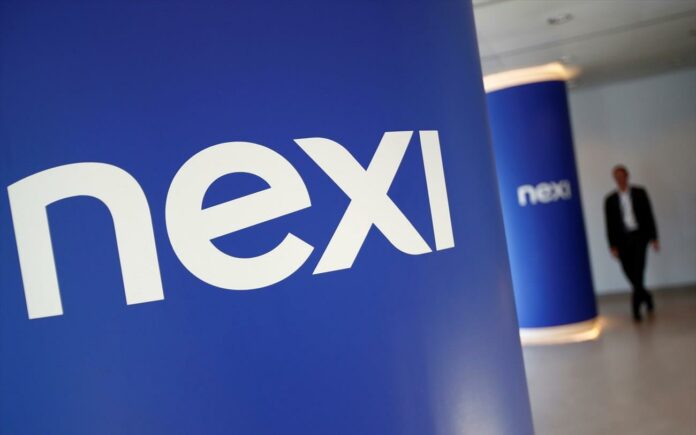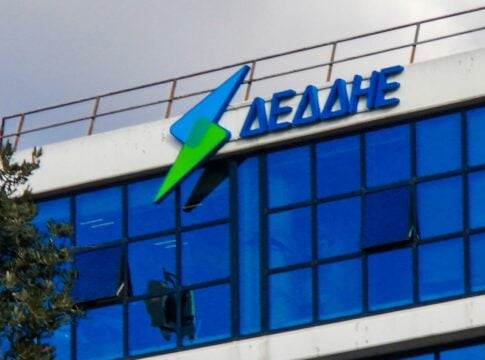Foreign investors have invested more than 1 billion euros in the Greek payments industry over the last two years, according to Nikos Papadoglou, Deputy CEO of Nexi Greece. Papadoglou pointed out that Greece’s digital transactions market is growing year by year at a double-digit rate. Electronic payments are increasingly replacing cash, with the number of digital wallet users globally expected to exceed 1.3 billion, while the number of tap n pay transactions – via mobile or wearables – is increasing significantly.
Regarding Nexi Greece which, as part of the Nexi Group, the European PayTech company that operates in 25 countries and clears 65% of European transactions, Papadoglou explained that he deeply understands the needs of the market, the importance of productivity and the tools to achieve it. Its transactions reach 16 billion euros and it supports more than 40% of the country’s tourism industry, which is vital for development.
Speaking about the role of reforms in boosting productivity in Greece, Papadoglou emphasized that the Greek economy can develop further through stable reforms that create the incentives to attract investment and talent from abroad. He added that “reforms must give the market the opportunity to ‘breathe’ in order to develop steadily, with the ultimate goal of sustainability”, emphasizing the vital importance of the continuous evolution of the regulatory framework and the adoption of new technologies to strengthen competitiveness of the country, as well as attracting international investments and top talents.
“Brain regain, in turn, is another critical tool for our long-term success. Taking this as a given, it is necessary to create an environment that will allow and attract to the country not only investment but also innovation. This is particularly important for the fintech industry, as it is systematically turning towards the US.”
According to Papadoglou, “it is necessary to seek the return of talented people to Greece, in order to boost the competitiveness and development of our economy.” Along with the need to create a stable environment, as well as incentives to avoid tax evasion and targeted training, which is of key importance for strengthening the competitiveness of the Greek market.















